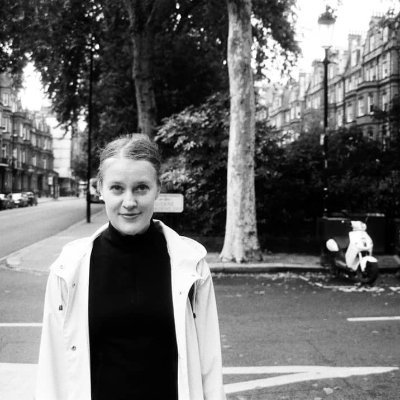This year’s edition of Finland’s biggest open-air raises important issues while the audience raises glasses of gin and tonic.
According to the World Population Review, Finland is the country with the third-highest Environmental Performance Index (EPI). Thus, it doesn’t come as a surprise that current-day topics such as sustainability define the festival’s landscape. In 2022, Flow Festival obliged the cafes and restaurants on its territory to exclude red meat and poultry from the menu. The policy remained this year with the same rules applying to everyone. At the press tent, journalists and photographers are happily feeding on vegan chocolate and coffee with oat milk. As numbers in the official Flow impacts report show, this measure effectively reduced the level of the festival’s carbon footprint by nearly 50%. The travelling factor constitutes a major part of the figure while only 3,9% is attributed to stage production.
Ironically, the festival takes place in Suvilahti, formerly a power plant which stopped operating in 1976. The gas production continued until 1994. Although these days the purpose of the space is less harmful, one can see the remnants of its industrial past. Formerly a gas holder, the round brick construction a hundred yards from the main stage now hosts Tiilikello x Polestar art space. The festival visitors go there to have some rest from music and educate themselves while engaging with Gasp, the ecological project by Dutch environmental artist Thijs Biersteker. The installation displays three objects using real-time air pollution data gathered in Helsinki. Each of these glass pillars contains enlarged micro particles that surround you in three different locations – near a busy road, in nature and at the festival area. It looks beautiful, hypnotic and alarming, especially when you start reading the description where the data shows the effect of pollution on life expectancy etc.
Naturally, the talks programme revolved around sustainability. On the final day of the open-air, the discussion at the indoor Other Sound venue features Biersteker, Helsinki’s Deputy Mayor Anni Sinnemäki as well as specialists in advertising Anu Ubaud and Thomas Kolster. Talking about the installation at Tiilikello x Polestar, Thijs Biersteker says that it resulted from his frustration and longing. “I think the Western side of the world has been really bad at the communication of science and of natural resources. I was longing for something that would bring back the scientific climate conversation into culture”.
While strolling around the environmentally-friendly Flow Festival, Biersteker and like-minded visitors might feel fulfilled. The sustainability policy will develop further with a further increase of vegan and vegetarian options as well as a reduction of artists and equipment logistics.
Still, the future of the Flow Festival is somewhat vague. Acknowledging the upcoming construction of the Suvilahti Event Hub, the festival team announced the 2023 edition to be the final to be held in this historical setting which has been home for Flow since 2007. However, following a complaint from local residents the construction got postponed by a year, which won the team a chance to organise the next edition in Suvilahti again. For the organisers, 2023 has been quite eventful. A few weeks before the festival kicked off, an important decision was made as Flow refrained from partnering with Heineken due to their activity on the Russian market. Hence, the change of the flavour, with drinks provided by the local brand Hartwall. The festival visitors are seen with Lapin Kulta and the legendary Original Long Drink, which was first introduced during the Olympic games in 1952. Everyone is happy celebrating life and music responsibly.
Photo credit: Samuli Pentti



